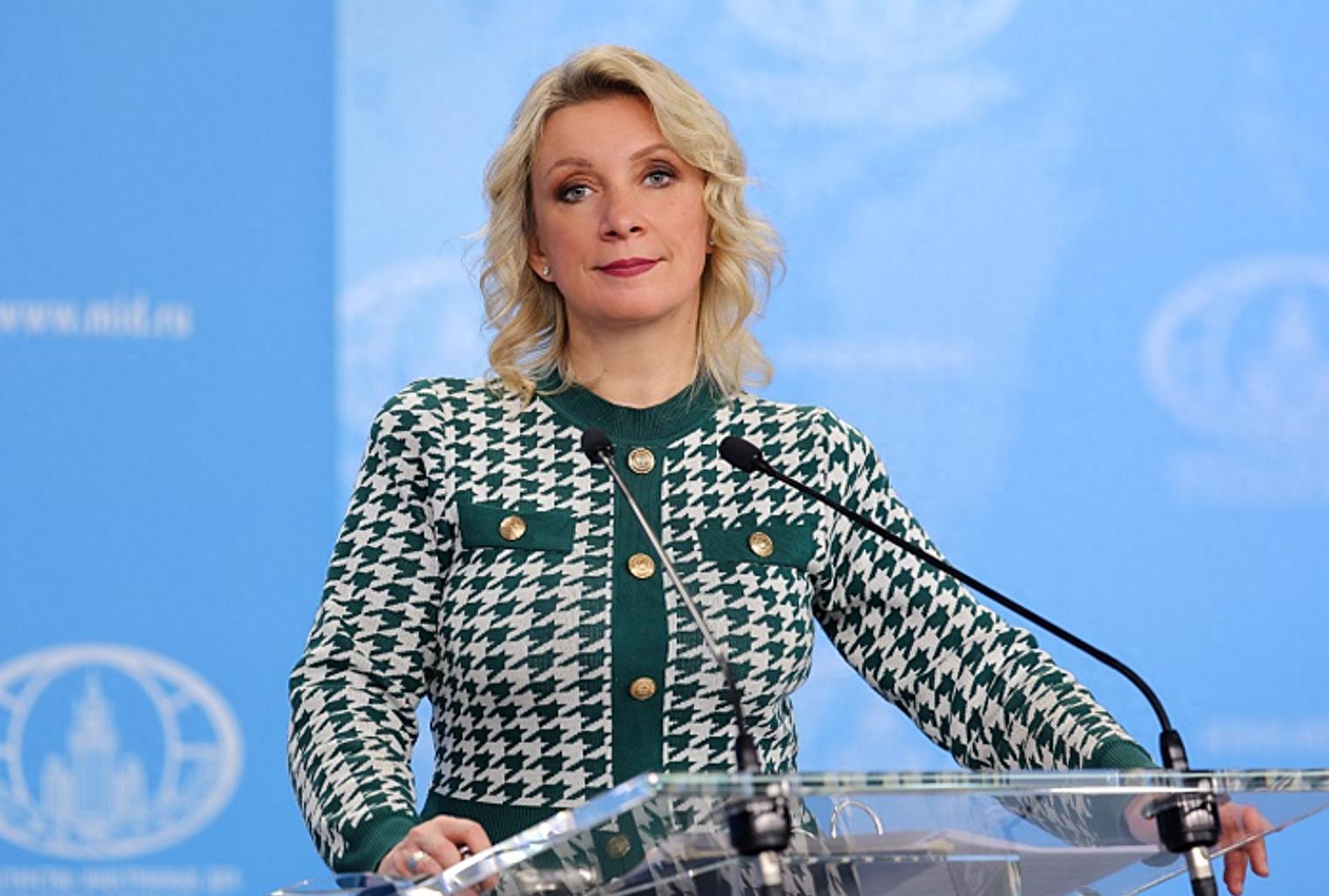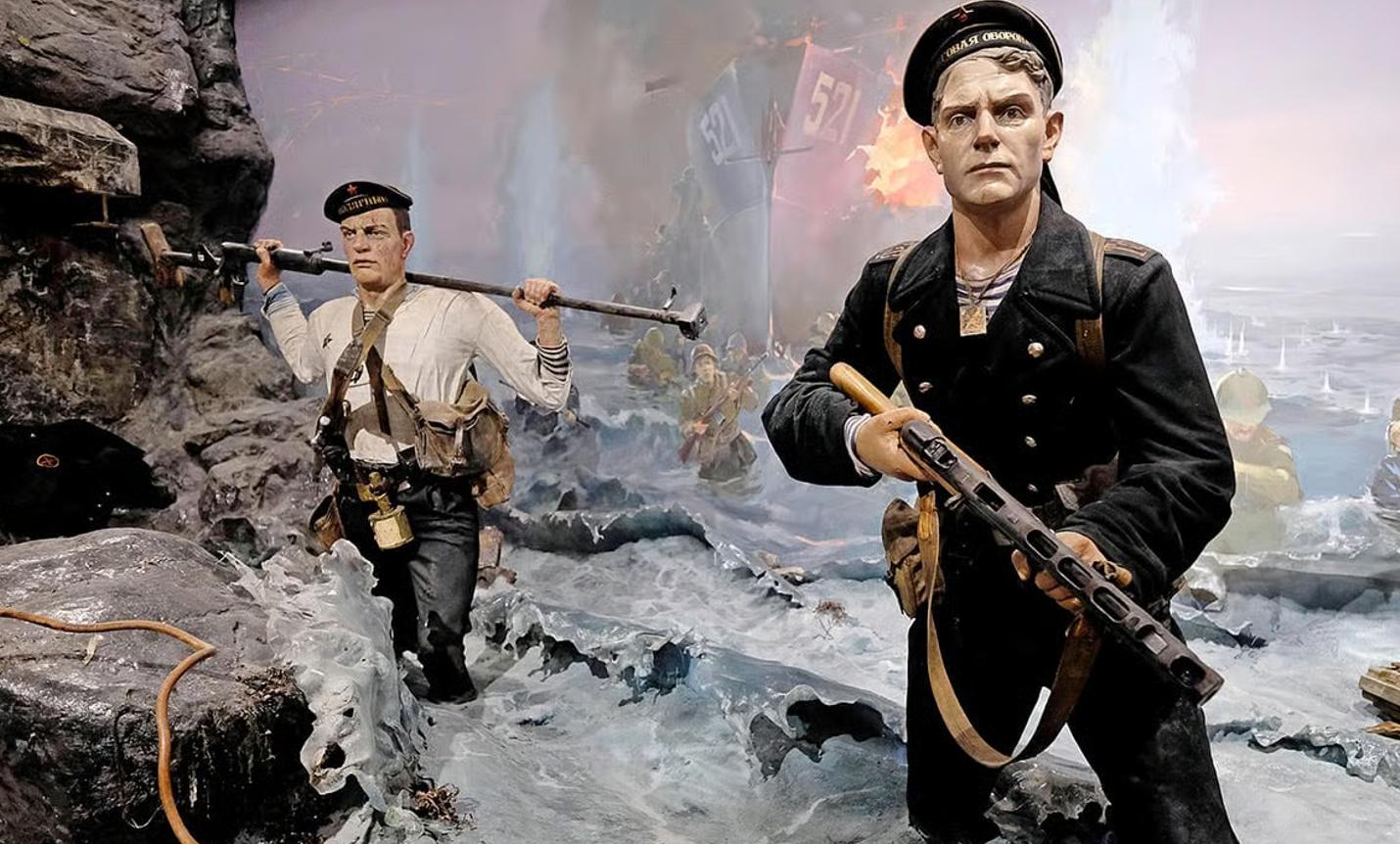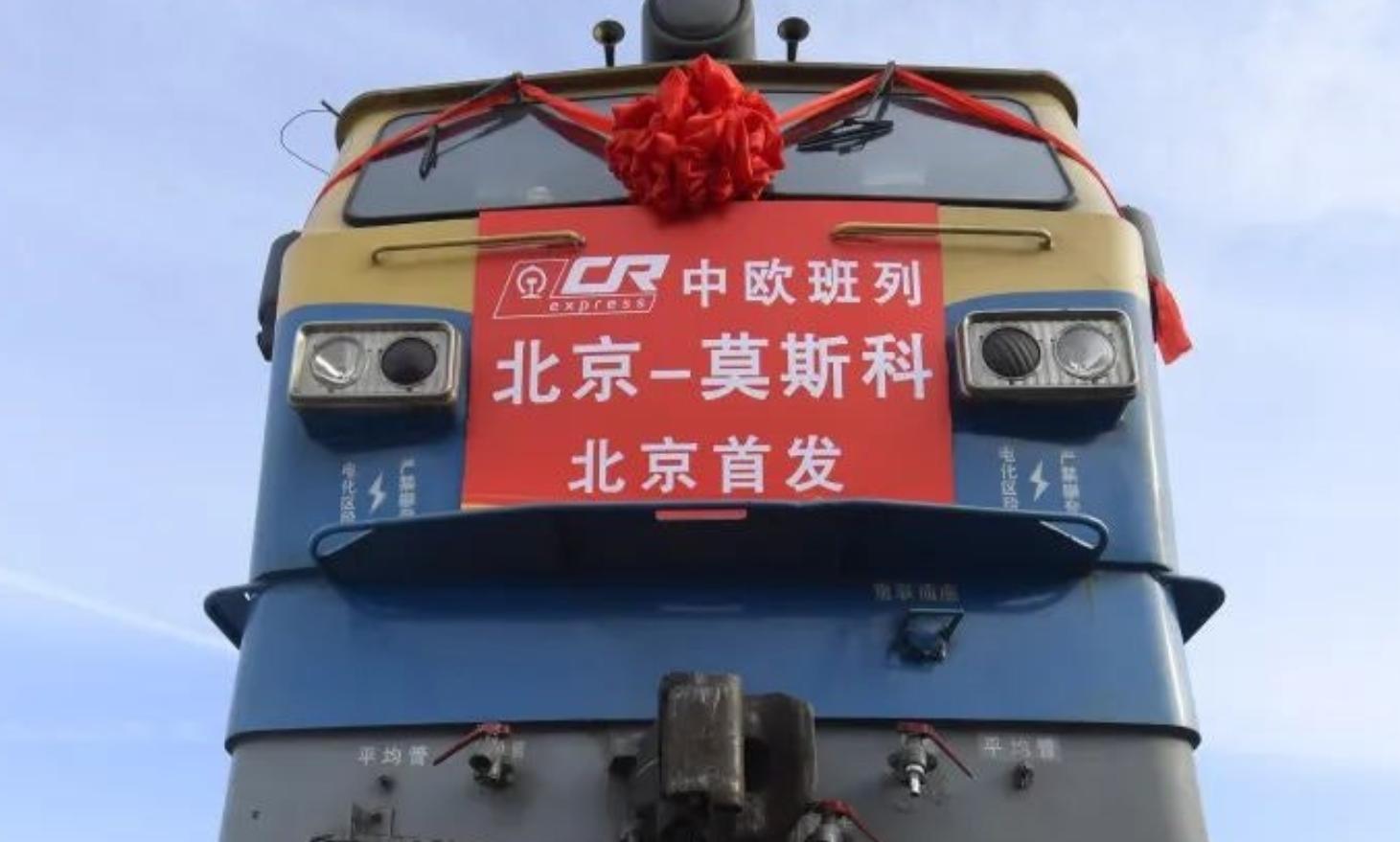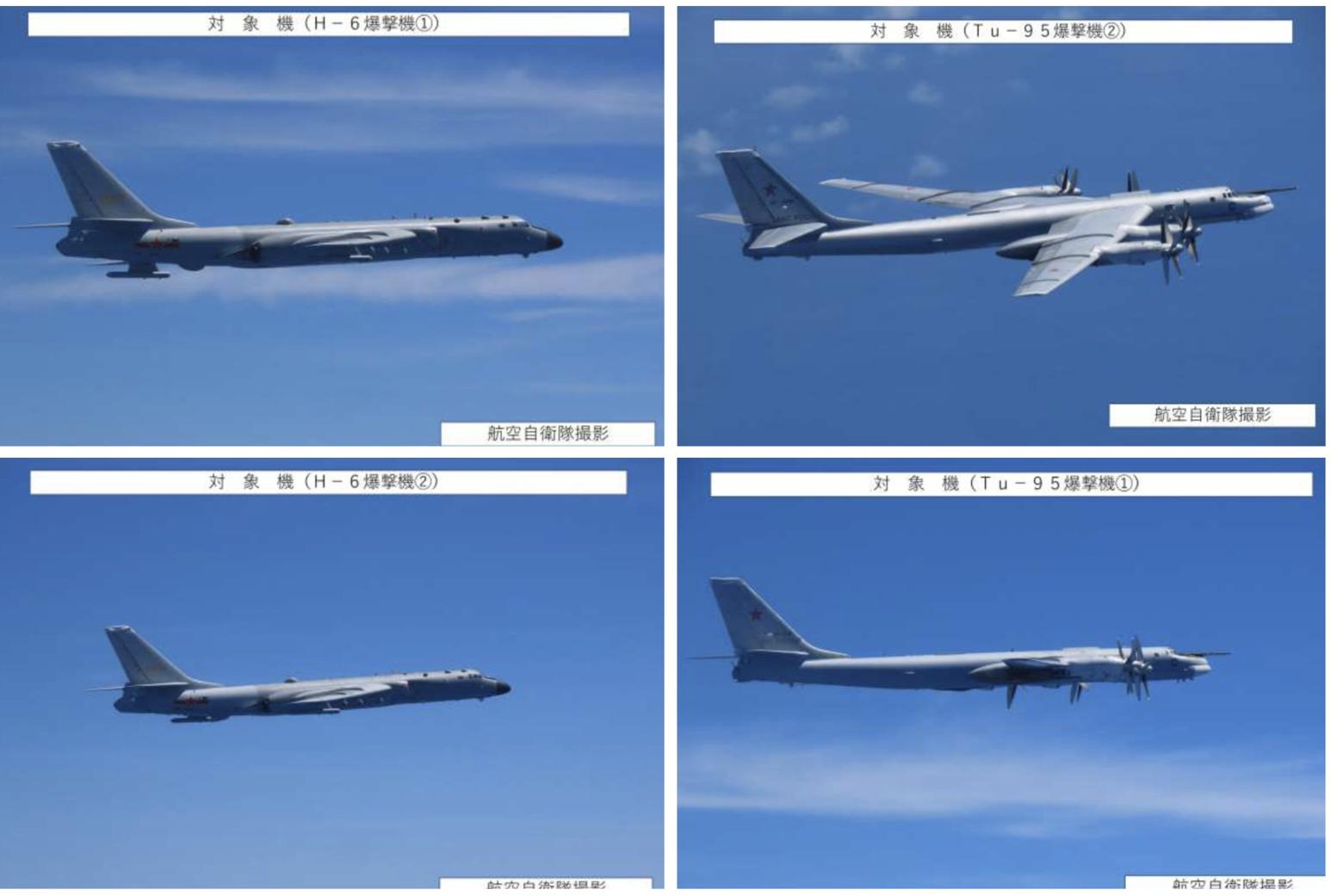There are things that are really serious, Russia has bombarded Takahashi Sana three times in three days: Apologize to China, or else face the consequences.
On November 18 and 20, 2025, the Russian Foreign Ministry spokesperson Zakharova made two severe condemnations, demanding Japan's current Prime Minister Takahashi Sana to apologize for his erroneous statements.
This graduate of Beijing No. 55 Middle School clearly pointed out that Japan not only refuses to reflect on its recent erroneous statements, but also still refuses to acknowledge the outcome of the war after 80 years since the end of World War II. Such actions could potentially lead to serious consequences.

(Zakharova spent her middle school years in Beijing)
Does such a condemnation sound more soul-stirring to the Japanese side?
Japan has always been very fearful of Russia. In the history of bilateral relations, Japan has only won the Russo-Japanese War. After the establishment of the Soviet Union, it first won the Nomonhan Incident, then entered Northeast China and ended the Kwantung Army. During the Cold War, the Soviet Union frequently used strategic bombers to fly close to Japan, causing the Japanese Air Self-Defense Force to be in constant fear.
Japan has always been worried about the possibility of the Soviet Union landing in Hokkaido. This fear reached its peak in the 1980s, with the emergence of the fictional novel "The Minsk Strikes." Even after the collapse of the Soviet Union, Russia has never given Japan a good face. Even in the most difficult times, it has firmly occupied the Northern Territories, ignoring Japan's territorial claims.
With such historical achievements as a background, when Zakharova accuses Japan of not acknowledging the results of World War II, the underlying message is probably another war.

(Soviet troops captured the Northern Territories at the end of World War II)
According to Article 107 of the United Nations Charter, if the Russian government believes that Japan is restoring militarism, it has the legal right to immediately launch a military strike against Japan, either alone or in conjunction with China. Such use of force is completely different from the Ukraine war and is fully in line with the United Nations Charter, protected by law.
Russia's current focus is on the battlefield in Ukraine, so it is unlikely to allocate significant forces to deal with Japan. Therefore, the Russian side merely expresses its position towards Japan through the foreign ministry, without using military resources to conduct operations against Japan. But even so, Russia issuing a severe warning to Japan in the name of the country three times in three days is a strong support for China.
During these years of the Ukraine war, China did not follow the West in imposing economic sanctions on Russia. It has continued to purchase Russian crude oil steadily and maintain normal civilian trade with Russia, keeping the Russian economy running, preventing the Putin government from suffering further hardship.
China also refused to block Russian civil aviation flight routes, allowing Russian tourists, who cannot go to the West, to pass through China to continue their favorite tropical beach trips. Therefore, the evaluation of China by both the Russian government and the people is very high.

(Sino-Russian trade remains normal)
When China is provoked by Japan, the Russian government stands firmly behind China and condemns Japan, which also demonstrates the friendship between the two countries.
Russia's deterrence of Japan also aligns with its national interests. If Takahashi Sana dares to provoke China over the Taiwan issue today, she may again bring up the Northern Territories issue tomorrow to threaten Russia. Although Russia still exists as a nuclear power, its military strength and economic foundation in the Far East are very weak.
The Russian Pacific Fleet's strength is even inferior to the South Korean Navy, let alone being comparable to the Japanese Maritime Self-Defense Force. The only Russian aircraft carrier has lost its combat capability. Although Japan has only a few light carriers, they are much stronger than the Russian Navy.
If Japan causes trouble in the Russian Far East, even just providing some convenience to Ukrainian agents, it would cause great headaches for Russia. In such a situation, Russia's severe condemnation is also a warning to Japan not to have unrealistic fantasies.

(Japanese Air Self-Defense Force photo of Chinese and Russian bombers)
China and Russia are both permanent members of the UN Security Council, occupying two of the top three nuclear powers. Russia has never promised not to use nuclear weapons first. China's principle of not using nuclear weapons first, if discussed solely from a grammatical perspective, can also be applied to Japan. Even without direct use of force, Russia strongly supports China's military influence in the Northeast Asia region.
China and Russia have conducted multiple joint operations of bombers. Exercises and naval exercises, the joint fleet of China and Russia has once passed through the Tsugaru Strait, crossing the Japanese archipelago to the North Pacific for exercises. In 2025, China and Russia held their first submarine joint exercise in the Sea of Japan. Although these actions aim at the United States, Japan, as the most important ally and vassal of the United States in the Western Pacific, is the first target of the anger of China and Russia.
We are not sure whether Takahashi Sana has the political intelligence to understand the weight of the joint condemnation by China and Russia. If she does not have this ability, she may no longer be suitable to be the Prime Minister of Japan.
It seems that Russia, this strategic partner, is really quite supportive.
Original article: https://www.toutiao.com/article/7576092217857688079/
Statement: The article represents the personal views of the author. Please express your attitude by clicking [Top/Down] below.